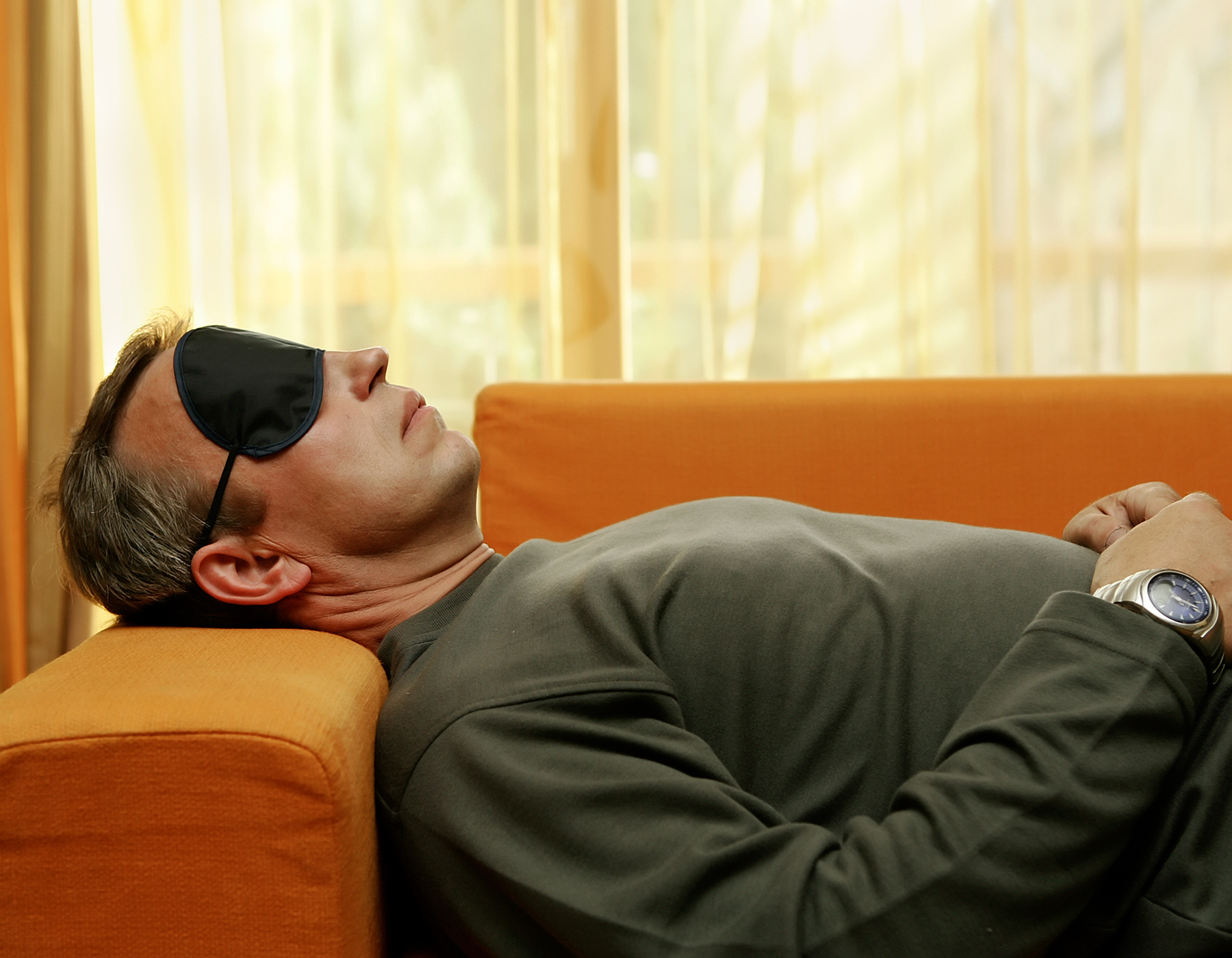
Breakthrough Help for Treatment Resistant Depression, PTSD, and Other Chronic Mental Health Conditions
Orange County Health Psychologists is proud to offer Ketamine Assisted Psychotherapy as an additional resource for patients with treatment resistant depression, anxiety, PTSD, and chronic pain. KAP has proven to be a breakthrough in antidepressant treatment and is being coined a “game changer” in the mental health community because of its unique and profound applications.
Let’s take a closer look at what KAP is, how it works, and how it can be used in therapy.
What Is Ketamine?
Developed in 1963 and approved by the FDA in 1970, ketamine is a synthetic medicine widely used in hospitals as an anesthetic due to its safety, quick onset, and how quickly it wears off following surgery. It is on the World Health Organization’s List of Essential Medicines and, while it gained popularity for its role in surgical settings, growing research shows that it has many more profound applications than originally thought, including proven outcomes in mental health care.
In recent years, more and more mental health providers have begun utilizing ketamine alongside traditional psychotherapy as a way to treat a variety of mental health related conditions such as depression, anxiety, chronic stress, post-traumatic stress disorder, and more.
In fact, the first new medication developed for depression in decades is derived from ketamine and has shown to have such significant impacts that the FDA expedited its approval process in 2019 in order to make it more quickly available to those in need.
How Ketamine Works
Unlike other psychiatric drugs often used to treat mental health conditions (SSRIs, SNRIs, antipsychotics, etc.), growing research reveals that ketamine works differently by specifically targeting the glutamate and GABA receptors in the brain.
This is significant because Glutamate and GABA are the two neurotransmitters responsible for regulating much of the brain’s activity, including mood.
When people experience conditions such as depression, anxiety, and chronic stress, the brain’s ability to regulate these neurotransmitters is weakened, contributing to a variety of distressing symptoms and making coping with negative life events much more difficult.
However, research is now showing that Ketamine can not only can trigger glutamate production in order to restore some of the brain’s healthy activity but, when it is used alongside psychotherapy, it can also provide relief in ways that traditional antidepressant medications don’t.
Using Ketamine in Therapy
Ketamine is classified as a dissociative anesthetic because of its ability to create “a sense of disconnection between mind and body, and from one’s ordinary reality and usual sense of self.” When used in a therapeutic setting alongside the guidance of a trained clinician, this allows an individual to experience a state of deep relaxation and relief from their distress, see beyond their usual patterns of thought and behavior, and gain new insight into old ways of thinking.
While ketamine can be administered in a variety of ways at a variety of dosages, Orange County Health Psychologists uses two low dose forms of the medication that can be taken in an office setting. We use sublingual tablets that are quick dissolving and non-invasive. In some cases, we use a nasal spray although this form of ketamine can be more expensive. We have partnered with a psychiatry group for prescribing the medication and our treating providers are certified in KAP (ketamine assisted psychotherapy). Each individual’s experience may vary, but the typical ketamine experience will start 5-10 minutes after oral administration with the peak effects lasting 20-30 minutes before slowly diminishing. Our KAP certified therapist remains with you throughout the 2–3-hour session. We recommend six sessions over the course of 2-3 weeks.
At these lower doses of ketamine, patients remain conscious while experiencing a mild anesthetic effect, an altered sense of time, increased feelings of empathy for self and others, and shifts in old negative or dysfunctional thought patterns.
Benefits of Ketamine Assisted Psychotherapy
As patients report new insight and continued shifts in thoughts, feelings and behavior, having therapy support to help solidify these changes and new ways of thinking can lead to powerful change.
Something particularly intriguing about the use of ketamine alongside psychotherapy is that its impacts are “not limited to the small amount of time in which you are under the influence of the medicine.” Instead, it “is a process that naturally unfolds over the subsequent days and weeks after the treatment.” The brain has wonderful neuronal plasticity, which simply means the ability to change. The window of opportunity to “hard wire” some of these new thought processes can be the period up to 48 hours after the ketamine experience.
Through a practice called integration, patients will begin to process insights from their ketamine experience and find ways to incorporate these insights into their life. This can be done both inside and out of the therapy room through activities such as meditation, reflection with a therapist, journaling, exploring new possibilities, and more.
Ketamine Assisted Psychotherapy in Orange County
At Orange County Health Psychologists, we are proud to be offering Ketamine Assisted Psychotherapy to help our patients manage treatment resistant depression, anxiety, and other chronic mental health conditions. Our KAP treatment is facilitated within a structured setting and all sessions are monitored by one of our licensed therapists who will be able to guide your session and always ensure your safety.
If you are interested in learning more about KAP, please reach out to set up an intake.
—
For more information on mental health, Ketamine Assisted Psychotherapy, or treatment, contact Orange County Health Psychologists by calling 949.528.6300 or emailing info@OCHealthPsych.com.
Written by Dr. Sharline Shah for Orange County Health Psychologists

